The Ethics of Artificial Intelligence and Automation
Introduction
Artificial Intelligence (AI) and Automation are rapidly changing the world and revolutionizing various industries. From finance to healthcare, these technologies are impacting the way we live, work, and communicate. As these technologies continue to advance and become more widespread, it is crucial to consider their ethical implications.
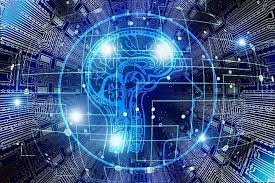
The Benefits of AI and Automation
AI and Automation have the potential to bring about numerous benefits to society. For example, they can help improve efficiency, reduce costs, and increase accuracy in various industries. In healthcare, AI and Automation can help improve patient outcomes by enabling faster diagnoses and more effective treatments. In finance, these technologies can help reduce fraud and improve financial decision-making.

The Risks of AI and Automation
However, there are also significant risks associated with AI and Automation. One of the biggest concerns is the potential loss of jobs as more tasks become automated. This could lead to increased unemployment and economic inequality, particularly among low-skilled workers.
Another concern is the potential for AI and Automation to reinforce biases and discrimination. For example, if a biased algorithm is used to make hiring decisions, it could perpetuate discrimination and inequality in the workplace.
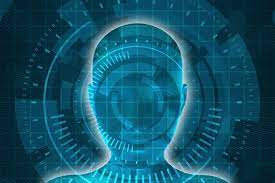
The Responsibility of AI Developers and Users
Given the potential benefits and risks of AI and Automation, it is crucial for developers and users of these technologies to take responsibility for their ethical implications. This includes ensuring that AI systems are developed and used in a way that is transparent, fair, and respects human rights.
Developers of AI systems should be responsible for designing and building systems that are free from bias and discrimination. They should also ensure that these systems are transparent and that their decision-making processes can be easily understood and audited.
Users of AI systems should be responsible for using these systems in a way that is ethical and respects human rights. This includes ensuring that the systems are not used for unethical purposes, such as violating privacy or perpetuating discrimination.
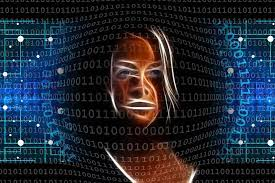
Regulation and Ethics Committees
Given the rapidly advancing nature of AI and Automation, it is important for governments to regulate the development and use of these technologies. This regulation should ensure that AI systems are developed and used in a way that is ethical, transparent, and respects human rights.
One way to ensure that AI systems are developed and used ethically is to establish ethics committees. These committees could be made up of experts from a variety of fields, including technology, ethics, and law. They would be responsible for providing guidance and recommendations on the development and use of AI systems to ensure that they are in line with ethical standards.
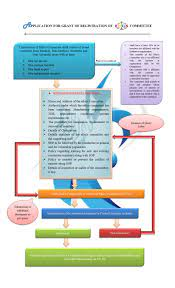
The Importance of Human-Centered AI Design
In order to ensure that AI and Automation are used in a way that is ethical and respects human rights, it is crucial to adopt a human-centered design approach. This approach involves designing AI systems with the needs and interests of people in mind, rather than simply focusing on the technology itself.
For example, a human-centered design approach to AI in healthcare would involve designing systems that are easy to use, that respect privacy and confidentiality, and that are transparent about their decision-making processes.
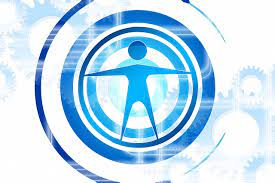
The Need for Public Education and Awareness
In order for people to understand the ethical implications of AI and Automation and to ensure that these technologies are used in a way that is responsible and ethical, it is important for there to be public education and awareness about these issues.
This education and awareness should be aimed at a wide range of people, including technology developers, policymakers, and the general public. It should help people understand the potential benefits and risks of AI and Automation, and provide guidance on how these technologies should be used in a responsible and ethical manner.

Conclusion
In conclusion, the ethical implications of AI and Automation are of crucial importance as these technologies continue to advance and become more widespread. It is the responsibility of developers and users of these technologies, as well as governments and ethics committees, to ensure that they are developed and used in a way that is transparent, fair, and respects human rights. By doing so, we can maximize the benefits of these technologies while minimizing their risks and ensuring that they are used in a way that is ethical and just.